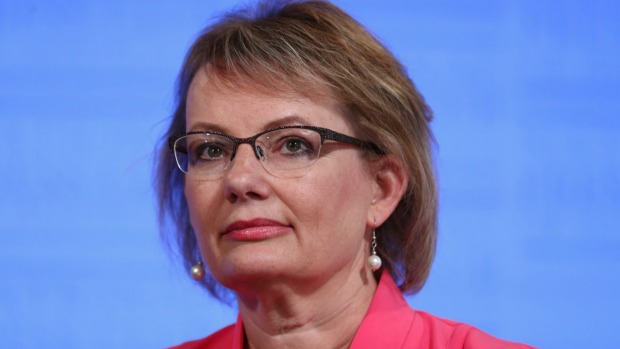
The federal government may face a “political crisis” in a few years if it does not reverse the freeze on the indexation of Medicare rebates, the deputy director of the Menzies Centre for Health Policy has warned.
Associate Professor James Gillespie says voters need to realise that Medicare is an industry, GPs are running businesses and that co-payments are here to stay.
But general practitioners may be forced to increase co-payments at some stage, to cover for lost income, if the Medicare rebate freeze continues “for the foreseeable future”, he said.
Mr Gillespie told a forum at the Australian National University on Tuesday that Australia’s health debate was finally recovering after the damaging row over GP co-payments.
But he warned that the Turnbull government might face increasing pressure to remove the Medicare rebate indexation freeze – in place until at least July 2018 – because GPs would find it increasingly harder to cover their costs the longer it dragged on.
“It was the Gillard government that froze GP rebates and it looks like they will be frozen into the foreseeable future, forcing GPs, all other things being equal, to make up their incomes from co-payments,” Mr Gillespie said.
“This happened under the Howard government and they had a political crisis and backed off and brought in Tony Abbott to become Medicare’s best friend, [and] his main job was pouring money into the pockets of GPs to restore bulk-billing levels.
“I suspect, if nothing else changes, we’re going to have a crisis like that in a few years, [with] GPs ramping up co-payments and a [subsequent] political reaction.”
In March, Minister for Health Sussan Ley killed the then Abbott government’s planned GP co-payment, which had been cut from $7 to $5, saying she had found no support from doctors for the policy.
But she said the federal government would keep the Medicate rebate indexation freeze in place while it considered ways to make Medicare more sustainable.
Ms Ley says Medicare works well for episodic and acute care, because it is based on a fee for service model, but it may not be appropriate for patients who have ongoing expensive costs and require ongoing interaction, because that makes it too expensive.
Mr Gillespie agreed that Australia’s health professionals are grappling with the changing nature of healthcare, because patients are now living longer and need ongoing treatment.
The Grattan Institute’s health program director, Stephen Duckett, has warned previously that the Medicare rebate freeze will have a “much bigger” impact on general practitioner revenue than the $5 rebate.
He said the impact of the rebate freeze up to July 2018, assuming inflation of 2 per cent, would reduce the real value of a consultation item by an average of 6.8 per cent.
